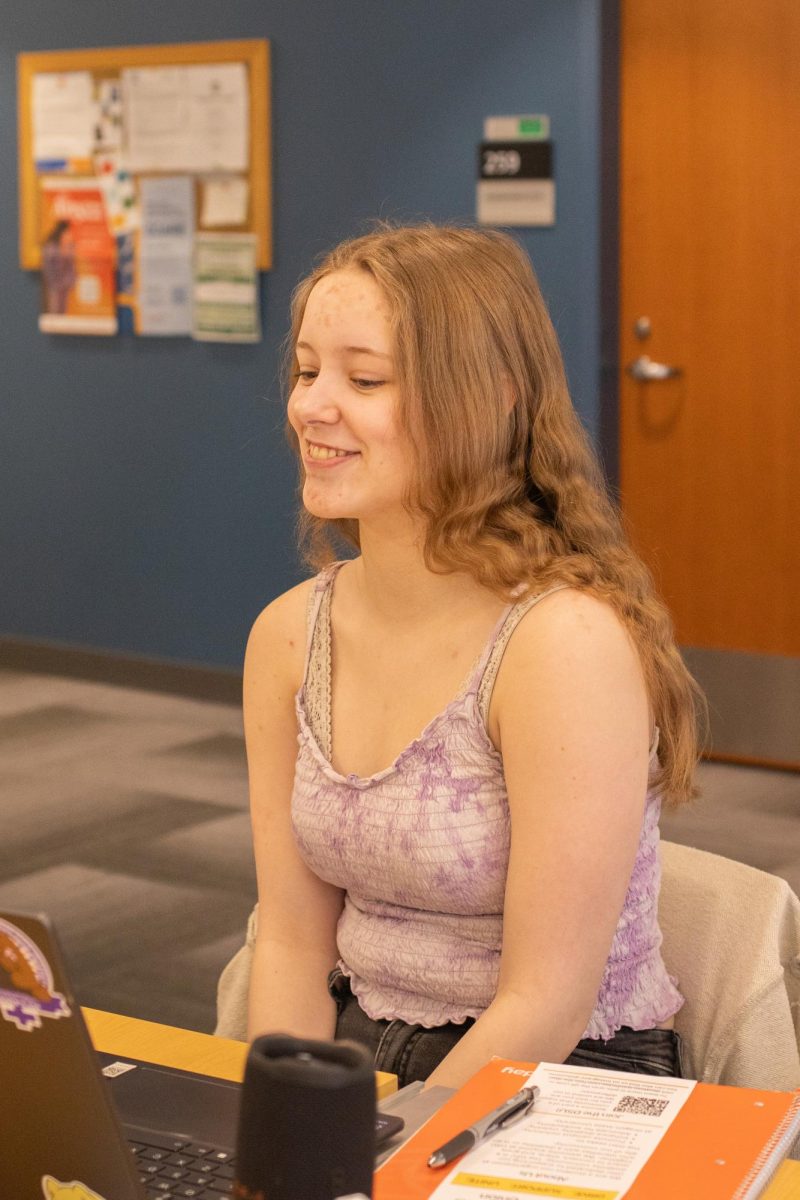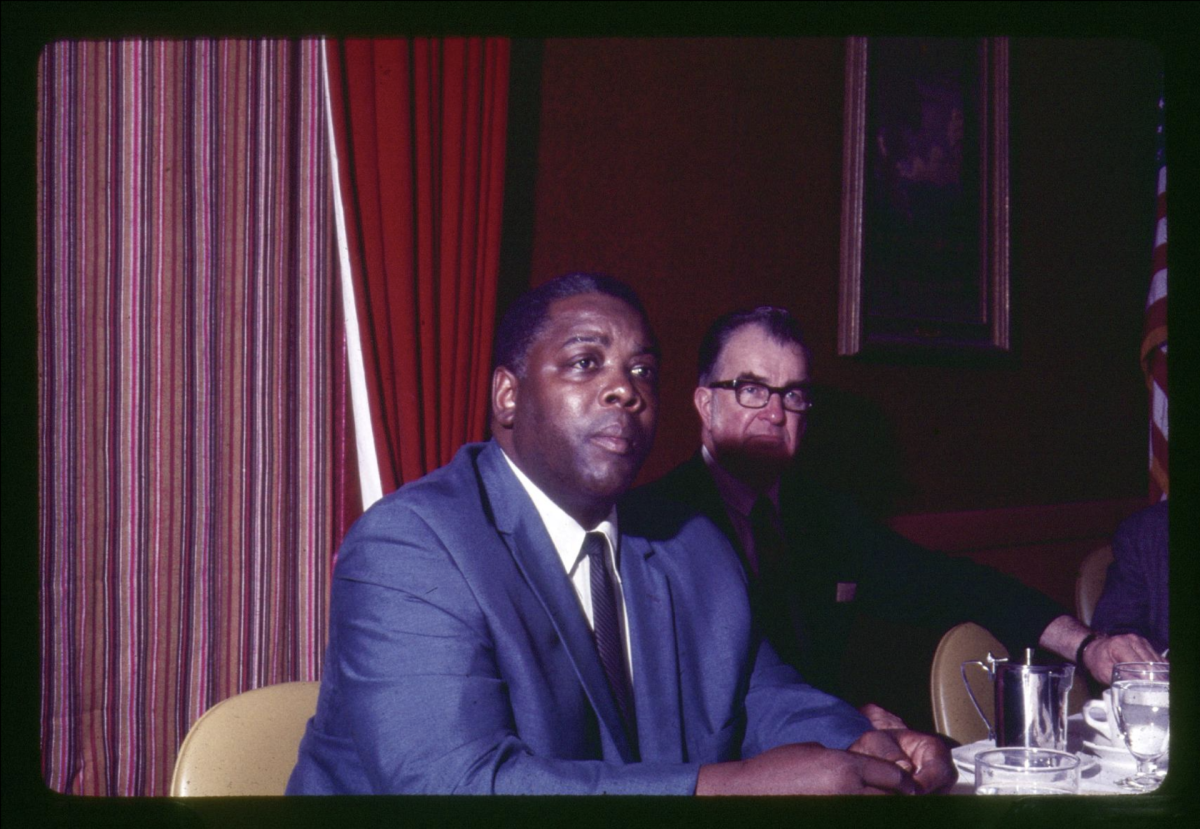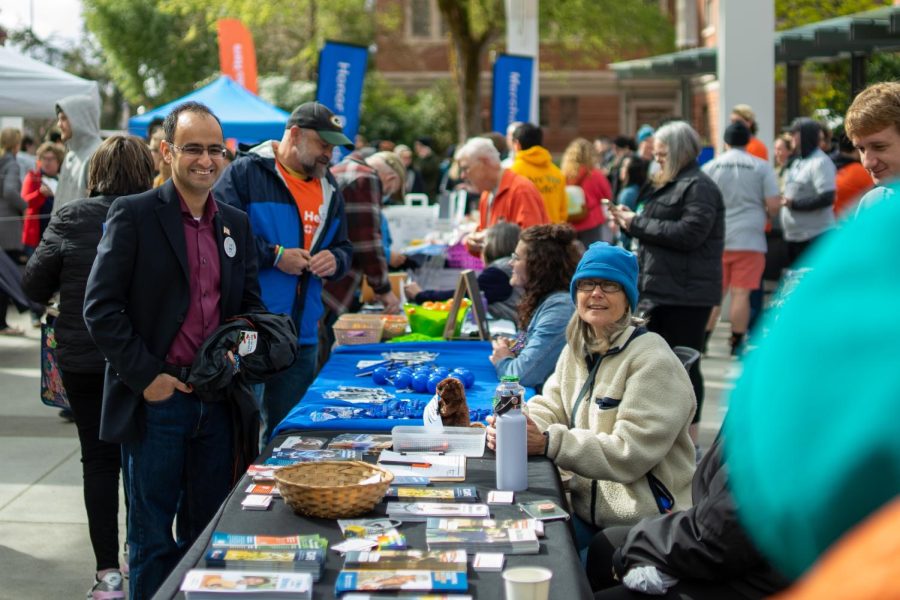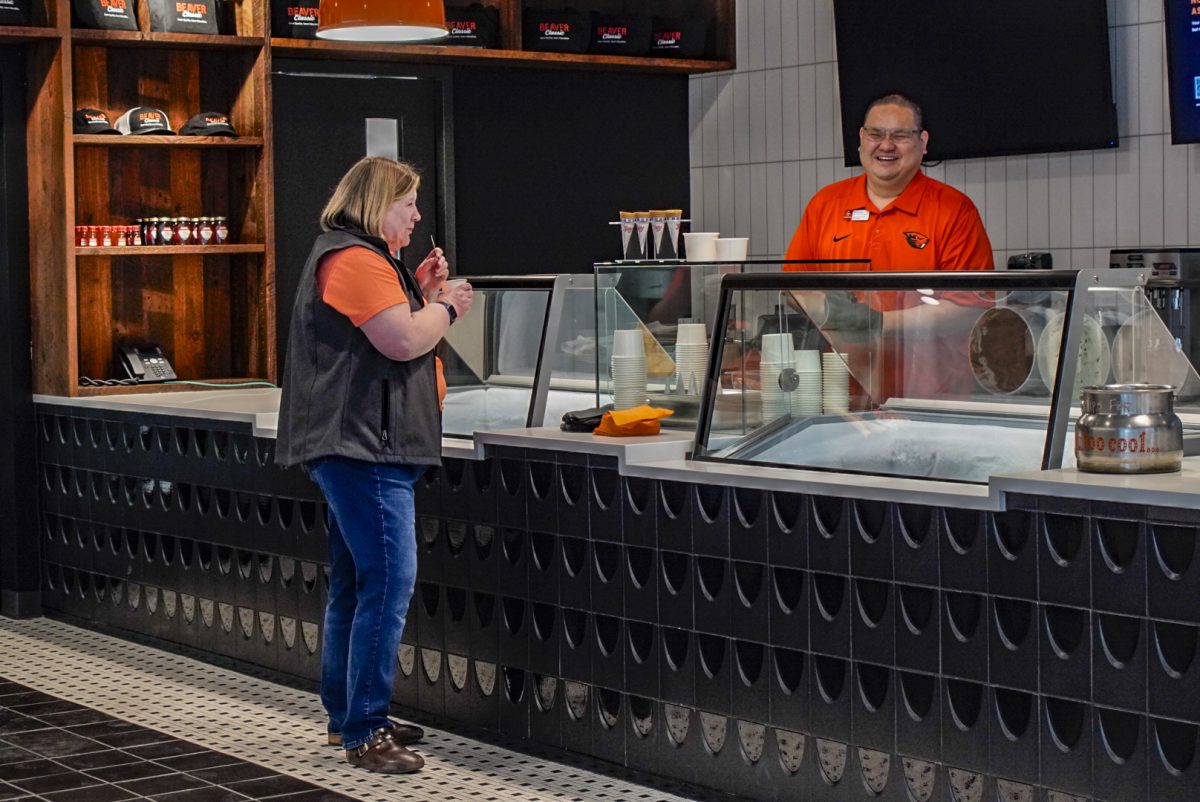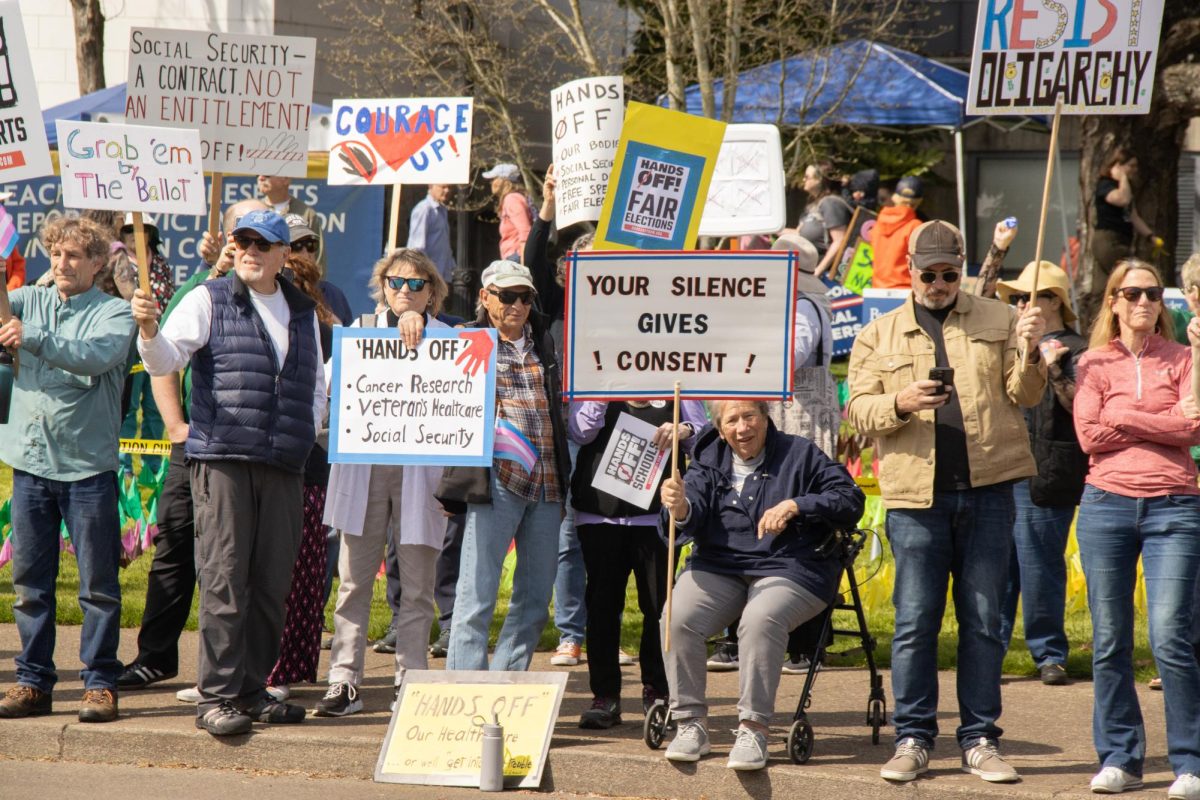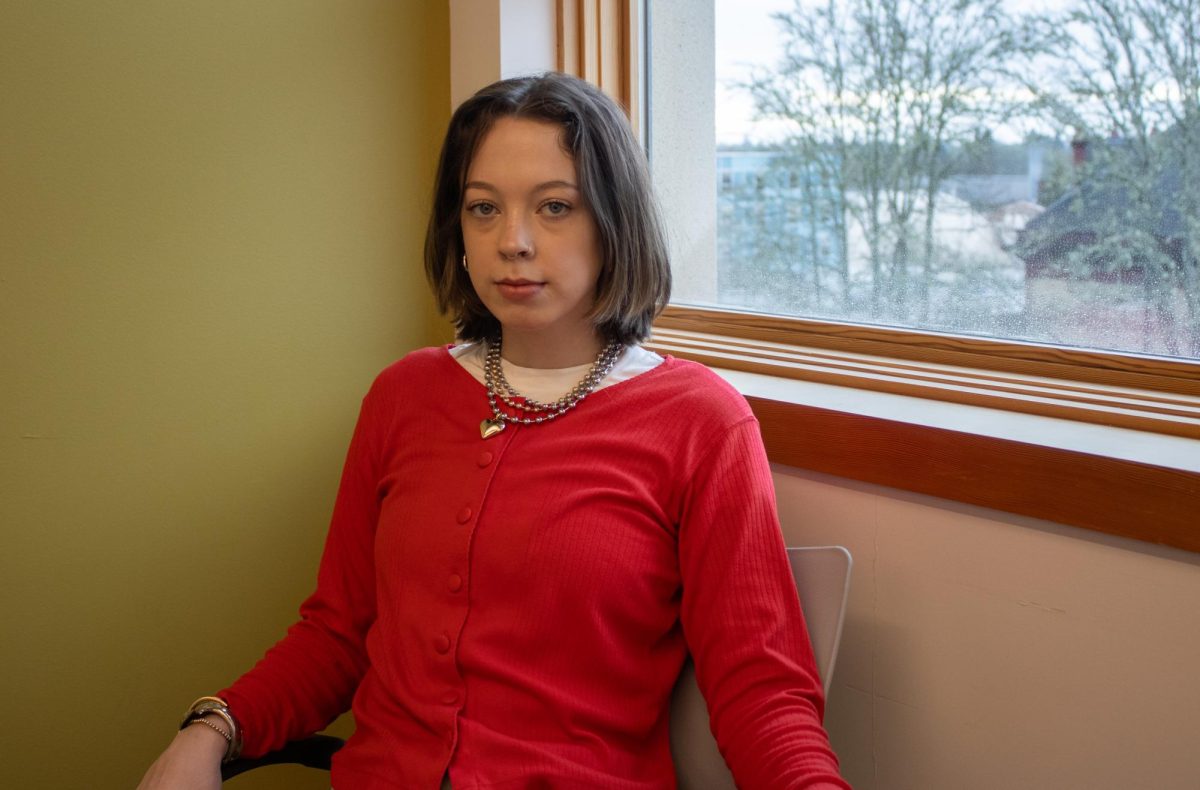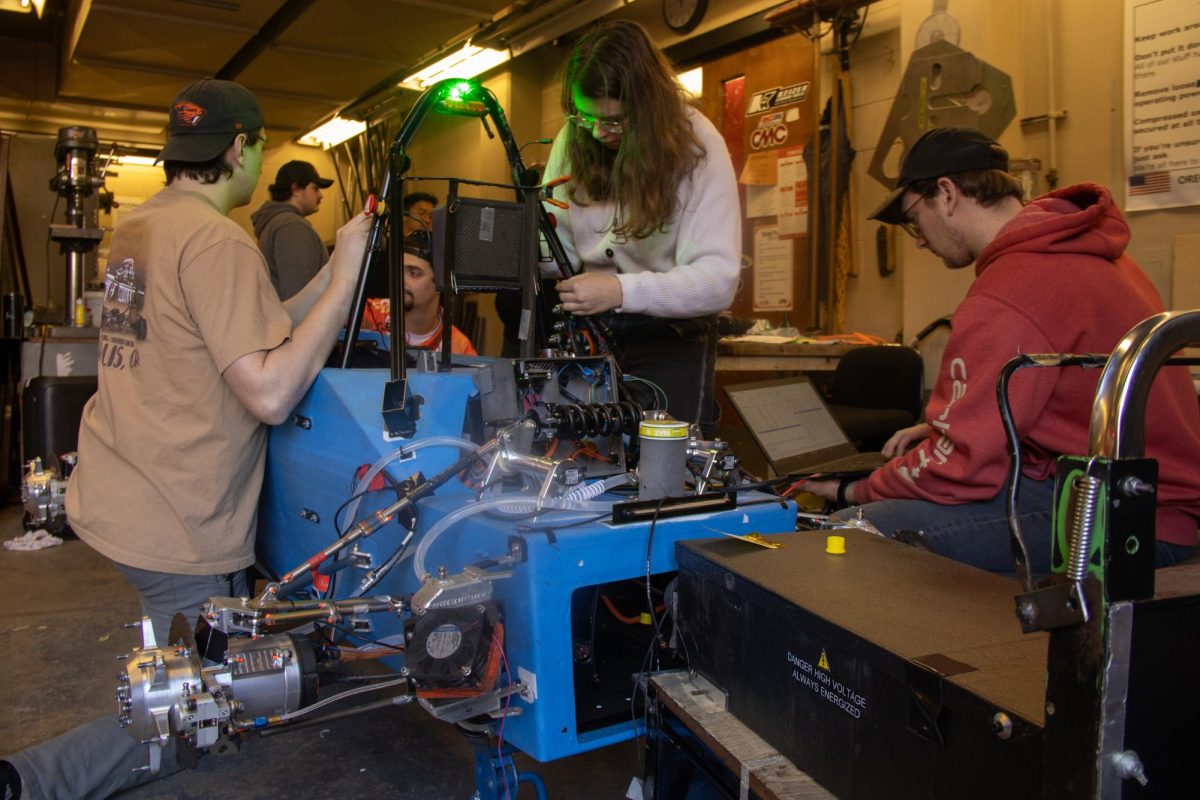Physical disabilities could result from accidents, intellectual disabilities could develop from TBIs and a person’s world can completely change how they simply enter a public building.
Anyone can become disabled, but accommodations are not inherently integrated into daily life.
This year marks the 55th anniversary of the global recognition of April as Disability Awareness Month. During this time, disability research has evolved at an exponential rate, resulting in expanded resources for disabled people. OSU has followed these trends.
On the Corvallis campus, the Disabled Students Union and the Coalition of Graduate Students’ Disability Justice Caucus serve as committees for student collaboration, and Disability Access Services govern the university’s provided accommodations for students.
“We try to encompass everything,” said Marina Ketrenos, president of the Disabled Students Union. “There are some students who prefer activism and policy and political debate type of disability advocacy, and some other students are just looking for a supportive group to build connections with or have to talk to.”
CGE’s Disability Justice Caucus was recently established for disabled graduate students to create a community with one another and have a platform to address their needs and concerns.
DAS supports students in all aspects of their college careers, assisting with making classes accessible; advising how to ask for workplace accommodations; and providing financial, nutritional and personal wellness resources.
Ketrenos shared that one of her top priorities has been establishing a chapter of Delta Alpha Pi, an honor society focused on recognizing high-achieving students with disabilities, at OSU.
“I felt like that would be a really good thing to have at OSU, especially to promote disability visibility and to represent that disabilities are in academics and that you can still be high achieving even if you have a disability,” Ketrenos said.
Ketrenos has begun garnering student interest and awareness of Delta Alpha Pi and has further steps planned for the spring term to establish that chapter.
Ecampus students are a demographic often forgotten about that the DSU wants to focus on accommodating. They miss out on clubs and organizations without online accessibility.
“I’m planning to continue getting hybrid and virtual events hosted because a lot of Ecampus students have disabilities and I think that it’s really, really important that there is a community that they can be actually engaged with,” Ketrenos said.
Oregon State is also furthering disability research.
The Disability and Social Interaction Lab, founded and led by Dr. Kathleen Bogart, is located on the Corvallis campus. The focus is on studying various forms of rare disabilities and the social effects of stigmatization.
Marisa Krauter, a third-year PhD student, said they are currently doing a qualitative interview study.
“So, we’re interviewing participants who have disabilities and asking them about how they disclose their disabilities,” Krauter said. “We’re trying to alleviate stigma and ableism generally for people with disabilities. I also think we’re pretty involved on campus in terms of trying to make campus a more accessible and inclusive environment for people with disabilities.”
Krauter is currently working on a PhD thesis focusing on intersectionality:
“I’m looking at people with disabilities who are people of color versus not people of color and looking at how they experience discrimination, and then how they cope with that discrimination.”
Krauter also mentioned the prevalence of white disabled people being the main representative sample for all disability research and creating inaccuracies in data from missing variables.
“It’s important to have our representative sample so that we’re making interventions and getting resources based off this data that is relevant to everyone with a disability,” Krauter said.
One major sticking point in the discussion of disabilities is the fear of using incorrect language.
“Not treating disability or disabled as a bad word is important because it’s not a bad word,” Ketrenos said.
Editor’s note: This article follows AP guidelines to use person-first language. However, The Barometer recognizes that this is not the preferred language of every person with a disability.
















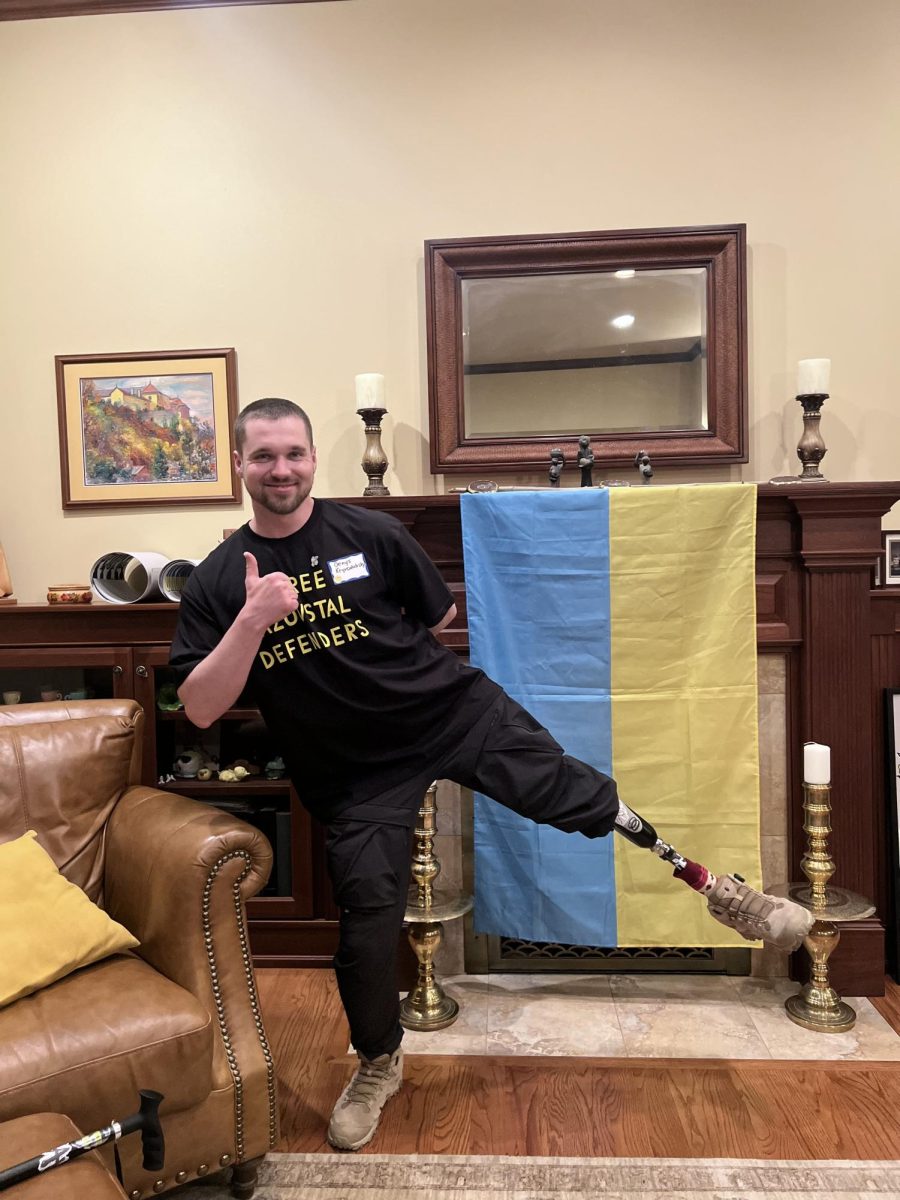










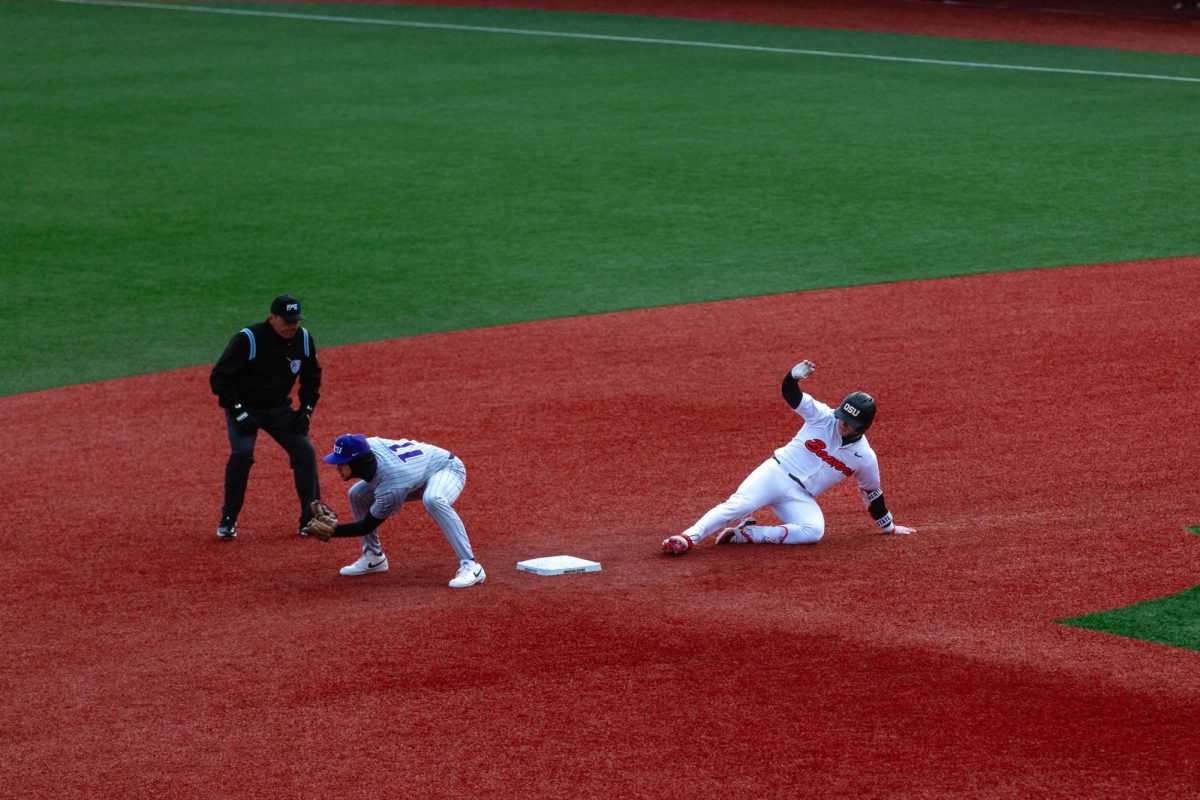
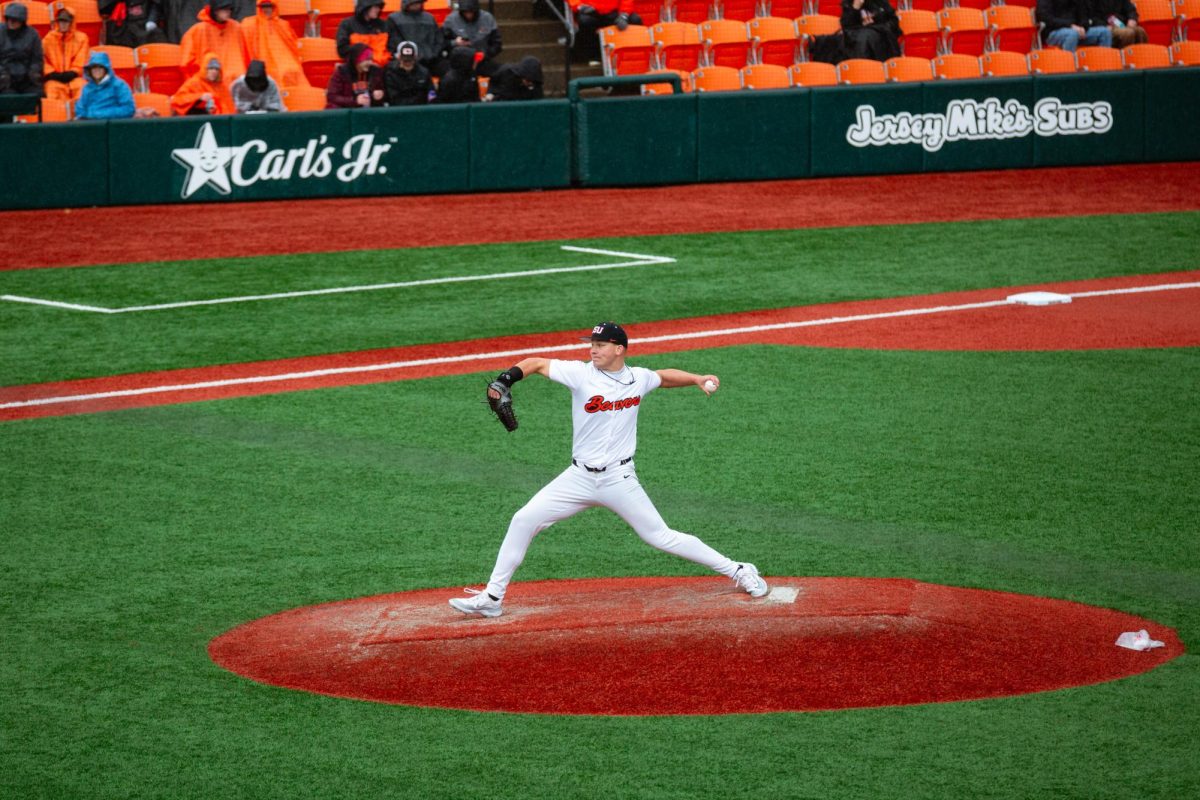






















































![Newspaper clipping from February 25, 1970 in the Daily Barometer showing an article written by Bob Allen, past Barometer Editor. This article was written to spotlight both the student body’s lack of participation with student government at the time in conjunction with their class representatives response. [It’s important to note ASOSU was not structured identically to today’s standards, likely having a president on behalf of each class work together as one entity as opposed to one president representing all classes.]](https://dailybaro.orangemedianetwork.com/wp-content/uploads/2025/03/Screenshot-2025-03-12-1.00.42-PM-e1741811160853.png)























